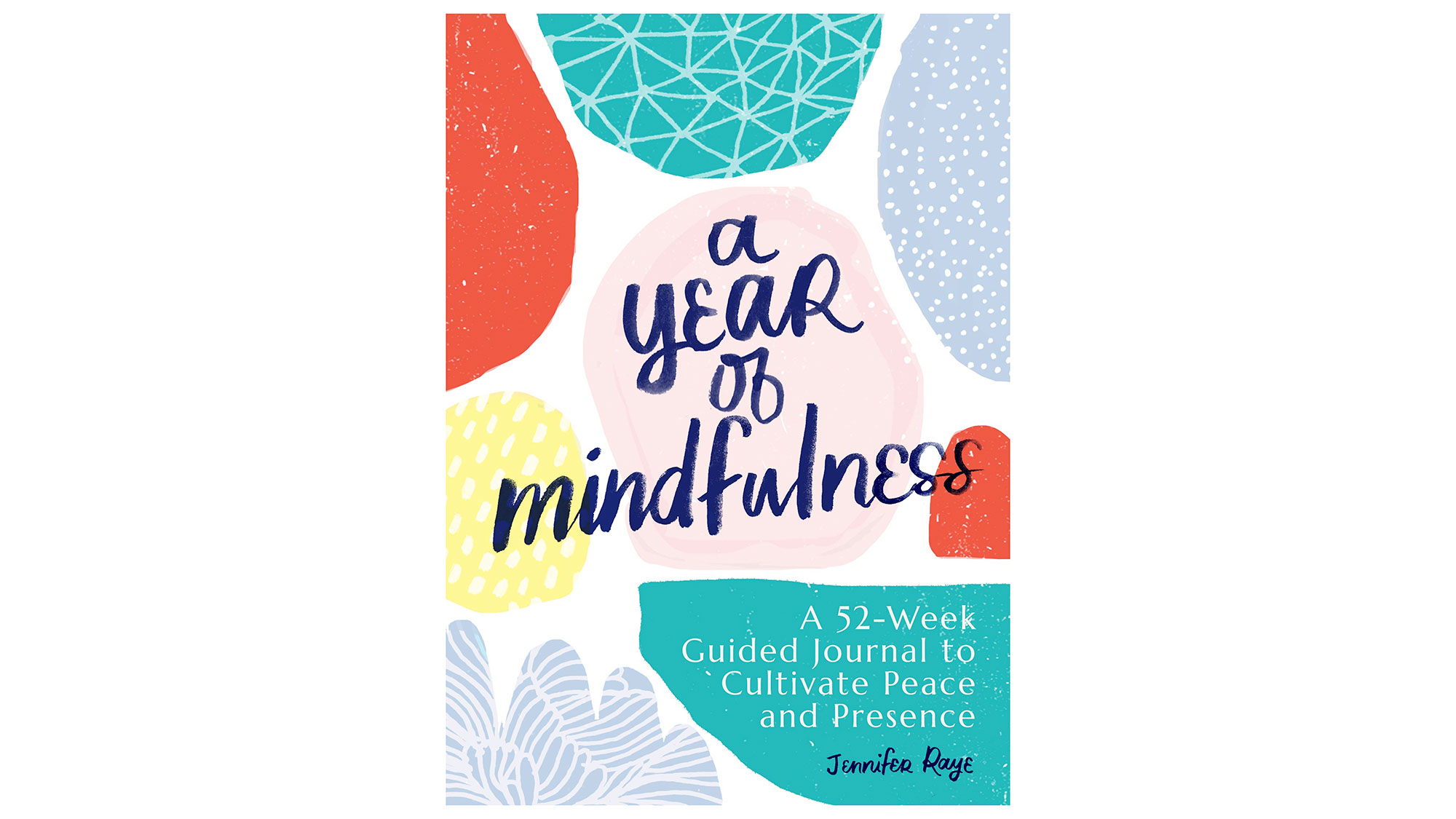Wellness: How journaling can boost your immune system and mental health
A regular journaling practice can boost your immune system as well as benefit your mental health. Jump on the new wellness trend


Start your week with achievable workout ideas, health tips and wellbeing advice in your inbox.
You are now subscribed
Your newsletter sign-up was successful
Journaling is becoming increasingly popular in wellness circles. Keeping personal diaries used to be seen as a practice for teenagers and career writers, but journaling has become a recognised therapeutic, accessible tool for people of all walks of life. It's often included in lists of self-help mindfulness practices, along with cold showers and meditation.
It's used as a form of cognitive behavioural therapy to increase feelings of gratitude and happiness, and banish feelings of depression and anxiety.
- Why cold showers (even in winter!) can make you healthier
- How to get rid of aches, pains and bad posture in 20 minutes a day
However, not only is journaling great for our mental health: it's also great for our physical health too. A report from the American Psychological Association (APA) examined several pieces of research into the practice's influence on our immune system, helping us to fight off diseases, and even recover from physical injury.
Research from the University of Texas at Austin found writing to record and understand emotion could boost immune functioning in people with underlying health conditions, like asthma, arthritis or even HIV.
Emotional stress can limit the effectiveness of our immune system due to the secretion of the "stress hormone" known as cortisol. It's thought journaling, with its stress-busting qualities, limits the secretion of this hormone and allows the immune system to do its job effectively.

How to start journaling
There's lots of ways to start journaling, but the report from the APA says venting emotions alone--whether through writing or talking--is not enough to relieve stress. To tap writing's healing power, people must use it to better understand and learn from their emotions.
Researchers from the University of Auckland, New Zealand, asked patients to write about either negative life experiences or their daily schedules, resulting in a short-term increase in immune system function and a decrease in stress.
Start your week with achievable workout ideas, health tips and wellbeing advice in your inbox.
Try following this example: at the start of the day, first plot out your daily schedule. Second, write down a list of negative thoughts, anything you're ruminating over at the moment, so you can look at it in black and white. Finally, list three things you're grateful for.

This ought to be a good start. Maintaining a regular journaling practice benefits both your mental and physical health, and (best of all) all you need to get started is a pen and a notebook.
Liked this?
Matt Evans is an experienced health and fitness journalist and is currently Fitness and Wellbeing Editor at TechRadar, covering all things exercise and nutrition on Fit&Well's tech-focused sister site. Matt originally discovered exercise through martial arts: he holds a black belt in Karate and remains a keen runner, gym-goer, and infrequent yogi. His top fitness tip? Stretch.
